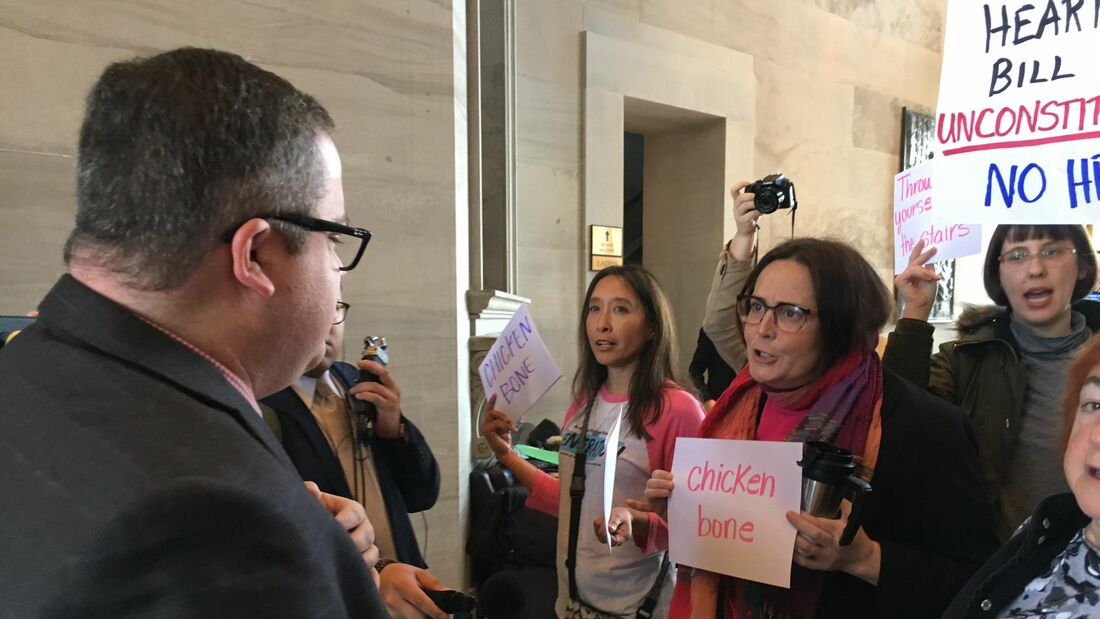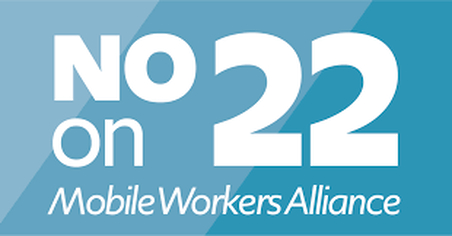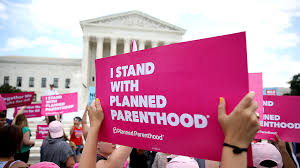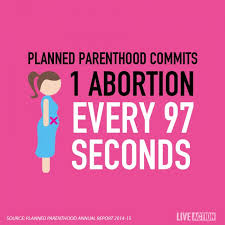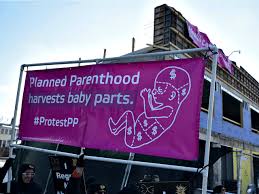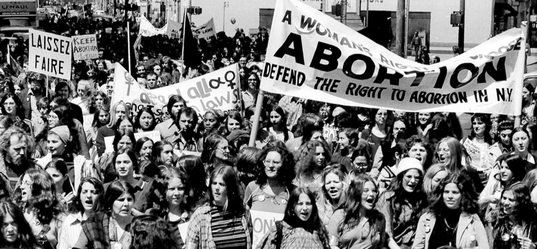"If Roe v. Wade is changed by any sort, states will be given more power to enlist their own laws and restrictions regarding legal abortions. As a community, we must continue to fight for equality and educate our future female generations because we have the right to do what we want with our bodies."
- Lizette Navarro
A fetal heartbeat bill is a form of proposed abortion legislation in the United States of America which makes abortions illegal as soon as the fetus' heartbeat can be detected, based on the conclusion that a human heartbeat is enough to indicate a person. This is extremely important because if the Supreme Court overturns or severely weakens Roe v. Wade, it gives power to the states to enact their own individual laws to regulate abortion.
Several states have already began to put abortion bans into effect with “trigger laws,” while others have independently protected the right to abortion through their own state legislatures and constitutions. Today, there are states in which their community strongly believe that women should be able to decide what to do with their body; eight states have created measurements to protect abortion rights in their individual constitutions: Montana, Minnesota, Massachusetts, New Jersey, California, New Mexico, Alaska and Florida. Additionally, eight states have implemented abortion rights through both legislations, the senate and the house of representatives: Maine, Washington, Oregon, Nevada, Connecticut, Maryland, Delaware and Hawaii. With such a large liberal population, California has implemented and protected its citizens rights both within its legislation and constitution.
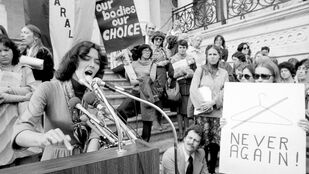
One of the largest issues is that if Roe v. Wade is changed by any sort, states will be given more power to enlist their own laws and restrictions regarding legal abortions. Jane Robbins, affiliated with Concerned Women for America stated, “While some states are moving to protect infanticide, last night the Georgia House joined other state legislatures going in the opposite direction – protecting innocent human life even in its early stages.” Just two weeks ago, Tennessee followed behind Georgia as the 99-member House approved Tennessee’s measure on a 65-21 vote. This measure would ban most abortions once a fetal heartbeat is detected (usually around six to seven weeks into a pregnancy). The bill’s sponsor, Micah Van Huss, said from the House floor, “colleagues, we cannot continue to allow the slaughter of the unborn while we hope for better circumstances.” Also, Democratic Tennessee Representative John DeBerry Jr. claimed he voted in favor of the bill because “it will enhance the pride and self-esteem of women,” and he continued on to say, “it is women's lack of 'personal responsibility' that leads to abortions being performed.” To me, this measure seems more about oppressing women rather than liberating them to take control over themselves; I firmly do not believe that DeBerry Jr. has our women's best interest at heart.
Public outrage has been erupting since the bill was passed. Both the American Civil Liberties Union and Planned Parenthood of Tennessee and Northern Mississippi plan to file a lawsuit against the state if the measure was enacted. Tennessee’s Representative Amanda Strickland said, “Most women don't know they're pregnant until they're 4-6 weeks along which, of course, at that point, most heartbeats are detected at that point, so really it's just a way to ban abortion in Tennessee.” Furthermore, the Tennessee community of bishops have publicly stated, “Given the field of legal realities that we must consider, we believe it would not be prudent to support the ‘Heartbeat Bill’ knowing the certainty of its overturning when challenged, in addition to the court ordered fees that would be paid to the pro-abortion plaintiffs.” Even the Tennessee bishops oppose this measure, since there is no religious sacrifice or sinning occurring in the eyes of God. The bishops were not the only ones who had something to say about this toxic “Heartbeat Bill”, Tennessee’s leading pro-life group even opposes this bill, along with many passionate individuals on Twitter as well:
Furthermore, as people argue about what a women should do with their body, states will continue to have different views about it too. Tennessee’s Amanda Strickland said, “It's a little bit scary to think that someone can tell me what I can and can't do with my own body.” I must ask: How can the state force women to keep children they are not ultimately equipped to care for? How will this measure affect those who are unable to economically afford to bear another child? Will this result in a rising number of children put up for adoption? Will this result in people being afraid to participate in sexual intercourse? Will more women feel forced to take birth control?
We women cannot give up here, we cannot lose hope just yet. With inspiration programs such as GIRLSCHOOL, #BUILTBYGIRLS, WriteGirl, and many more; and participating in protests and marches such as the Women’s March… Additionally, we must not allow our states to force our country years back by attempting to suppress women once more. As a community, we must continue to fight for equality and educate our future female generations because we have the right to do what we want with our bodies. Those who do not believe in abortions simply should not have them but, they do not have the right to dictate the decisions of those who do have them, especially men who are unaffected by a woman's decision.
For more information about the specifics within the “Heartbeat Bill” please refer to the following:
- https://www.wrcbtv.com/story/40100763/prochoice-advocates-concerned-after-heartbeat-bill-passes-in-tnhouse
- https://www.tennessean.com/story/news/politics/2019/03/13/tennessee-democrat-heartbeat-bill-responsibility-women-could-prevent-abortions/3134892002/
- https://www.westernjournal.com/democrat-backing-tennessee-heartbeat-abortion-ban/?utm_source=Twitter&utm_medium=PostSideSharingButtons&utm_campaign=websitesharingbuttons
